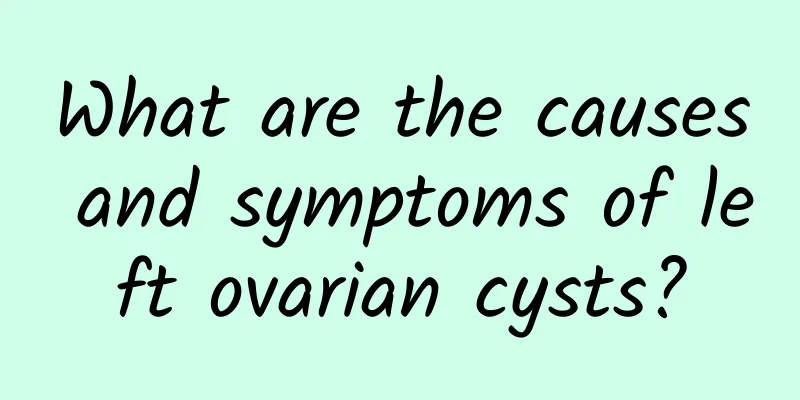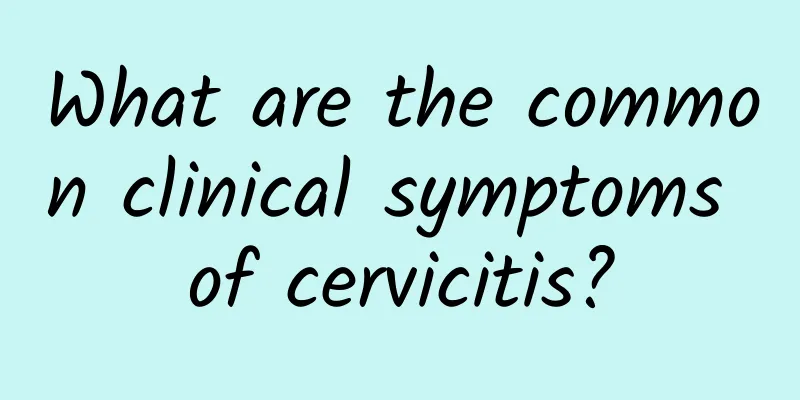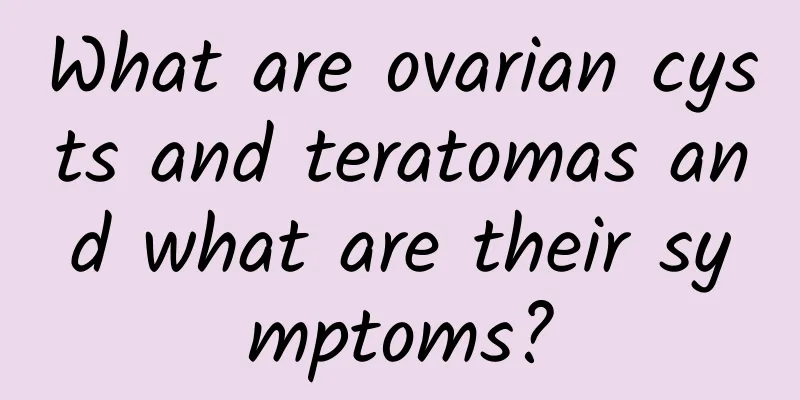What harm does uterine fibroids cause to the body

|
Uterine fibroids can cause many kinds of harm to the body, including menstrual abnormalities, infertility or miscarriage, compression of surrounding organs, etc. Severe cases may endanger life and health, and require timely medical treatment. Uterine fibroids are a common benign tumor in women. The degree of harm varies depending on the size, number and location. Fibroids may cause menstrual abnormalities, manifested as prolonged menstruation, excessive menstrual flow and even anemia. This is the result of compression of the endometrium or obstruction of uterine contraction. If the tumor is too large or invades the fallopian tube, it will not only reduce the success rate of pregnancy, but may also cause miscarriage or even intrauterine infection. Larger fibroids can compress the bladder or rectum, leading to frequent urination, difficulty urinating or constipation; in severe cases, they can even compress the urinary system and affect kidney function. In some rare cases, uterine fibroids can turn into malignant tumors, namely uterine sarcomas, but the risk is low. Uterine fibroids are a common benign tumor in women. The degree of harm varies depending on the size, number and location. Fibroids may cause menstrual abnormalities, manifested as prolonged menstruation, excessive menstrual flow and even anemia. This is the result of compression of the endometrium or obstruction of uterine contraction. If the tumor is too large or invades the fallopian tube, it will not only reduce the success rate of pregnancy, but may also cause miscarriage or even intrauterine infection. Larger fibroids can compress the bladder or rectum, leading to frequent urination, difficulty urinating or constipation; in severe cases, they can even compress the urinary system and affect kidney function. In some rare cases, uterine fibroids can turn into malignant tumors, namely uterine sarcomas, but the risk is low. In order to minimize potential harm, regular gynecological examinations are recommended. If fibroids are found early, observation or drug treatment can be selected, such as the use of gonadotropin-releasing hormone analogs, progesterone drugs, etc. If the fibroids are large or the symptoms are severe, surgical treatment is necessary, including myomectomy, uterine artery embolization, or total hysterectomy. Pay attention to maintaining a healthy weight, reducing high-fat diets and hormone supplements, and increasing foods rich in crude fiber and vitamins to help reduce the risk of fibroids and relieve symptoms. |
<<: Why do you get Bartholinitis or cysts?
>>: Reasons why women stop menstruating before 40
Recommend
What should I do if cervical erosion still causes itching after surgery?
What should I do if cervical erosion still causes...
Overeating causes gastrointestinal indigestion and constipation! Nutritionists teach you 7 tips to cleanse your intestines and reduce fat
When a few close friends get together, they love ...
Prevention and care of pelvic inflammatory disease
The prevention and treatment of pelvic inflammato...
Is natural abortion harmful?
Spontaneous abortion refers to the termination of...
What are the ways to prevent ovarian cysts?
Ovarian cyst is a relatively common gynecological...
Will I lose weight if I eat a full meal during the day and skip dinner? Can’t eat even if you exercise at night? Nutritionist says...
For those who want to lose weight, how to eat in ...
What are the common early symptoms of cervical erosion?
Cervical erosion generally has no obvious symptom...
What should be paid attention to in preventing hyperprolactinemia?
Hyperprolactinemia can cause many symptoms, but f...
Experts briefly analyze the three common misunderstandings about dysmenorrhea
In real life, many female friends have a wrong un...
Brief introduction to common early symptoms of ectopic pregnancy
It is very important for patients with ectopic pr...
How to prevent bleeding after abortion
Factors that affect the amount of bleeding during...
How to remedy abortion and sexual intercourse? Do you need to use contraception after abortion?
Although abortion is a relatively minor operation...
What to eat to reduce cervical hypertrophy
Cervical hypertrophy is a common gynecological di...
How can we fight against bacterial vaginosis?
Bacterial vaginosis is very destructive to women&...
The main cause of vulvar leukoplakia
Among many gynecological diseases, vulvar leukopl...









